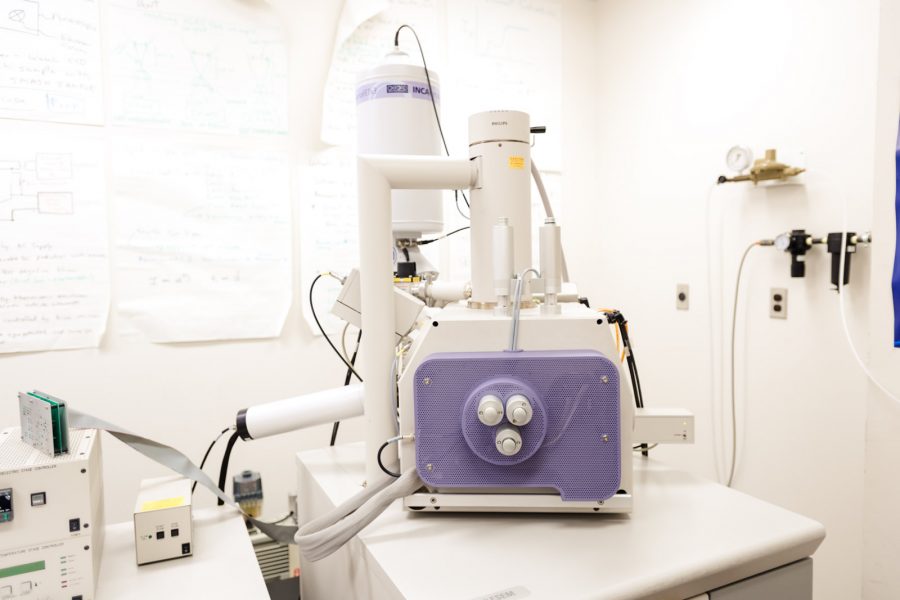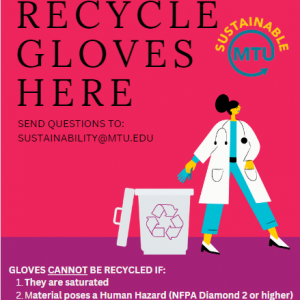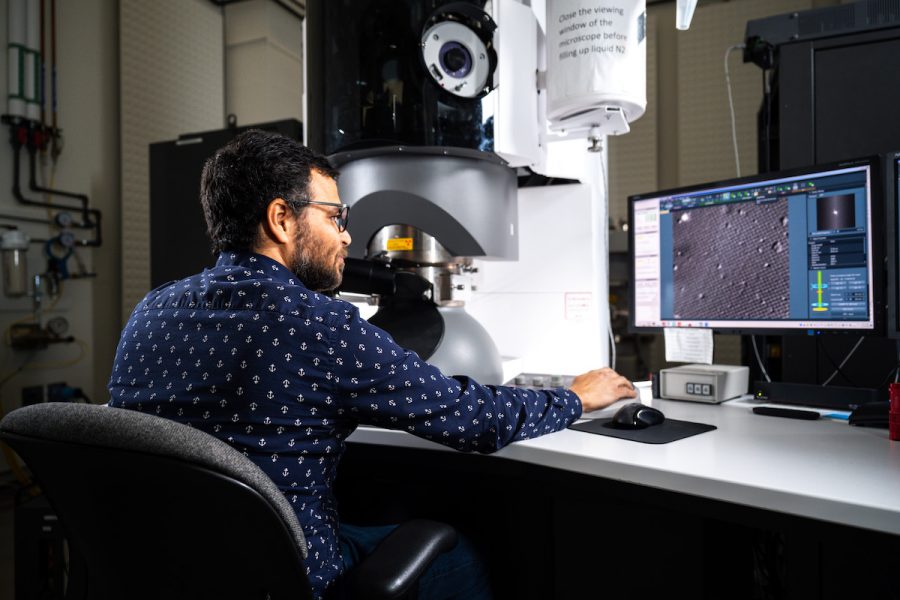We may keep using the TEM as we’re still troubleshooting. The PC shutdown is not going to harm the microscope.
We will compute time if you have a shutdown during the TEM session.
We hope it will be fixed soon soon.
Erico Freitas
We may keep using the TEM as we’re still troubleshooting. The PC shutdown is not going to harm the microscope.
We will compute time if you have a shutdown during the TEM session.
We hope it will be fixed soon soon.
Erico Freitas
The FEI Titan Themis STEM is down again. Something is causing the microscope PC to shutdown.
We’re still troubleshooting it and have new cards installed in the PC today.
Hopefully it will fix the problem.
Erico Freitas
The FEI Titan Themis STEM is back operational.
The microscope PC stayed on the last couple of days and everything else looks good.
Regards,
—
Erico Freitas

The FEI Philips XL 40 Environmental Scanning Microscope (ESEM) is a large chamber scanning electron microscope. It is operated by a Michigan Tech shared facility, the Applied Chemical and Morphological Analysis Laboratory (ACMAL). ACMAL was awarded a Shared Facility Grant from the Associate Vice President of Research Development to upgrade the ESEM electronics and software system. The upgrade is expected to offset future repair costs and minimize instrument downtime.
If you have not considered the ESEM for your research, this instrument is capable of operating in high vacuum mode for conventional scanning electron microscopy.
The ESEM supports large area montage imaging and elemental mapping (up to a few square centimeters), energy dispersive spectrometer (EDS)-based phase analysis, chemical contrast imaging and EDS-based particle analysis, as well as crystallographic phase mapping, texture analysis and grain size orientation distribution by electron backscatter diffraction.
Contact ACMAL Director Elizabeth Miller with questions. You may request instrument training, sample preparation or sample analysis services. Remote training and collaboration are available. Request a tour for yourself and your team. We can help you select an instrument and find expertise in developing process plans for your research.
Current users are reminded to cite ACMAL in all publications arising from research using these instruments. Help us to build a community of electron microscopists.

ACMAL recently installed new recycling infrastructure across the seven labs on the 6th and 7th floor of the M&M and the STEM lab at the ATDC.
Please review the new Recycling section in ACMAL Cleanliness under Policy.
For some reason the microscope PC on the Titan Themis STEM is shutting off intermittently.
We will have a ThermoFisher engineer come to the STEM Lab to get it fixed.
Also, there will be two power outages next week, so the Titan Themis STEM will be unavailable from April 25th to May 5th.
Apologies,
Erico Freitas
The stage issue from January was fixed. The instrument is operational and available for use.

Research Scientist, Materials Science and Engineering
Michigan Technological University
Materials Science and Engineering Seminar
Thursday, April 13, 2023, 1 – 2 p.m.
Minerals and Materials Engineering Building (M&M) , 610
I am pleased to share that Dr. Leftwich was able to repair the Fiber-lite. The AFM is back online and available for use.
The Fiber-lite on the AFM isn’t working properly. I believe it may be a blown fuse. Unfortunately, I’m unable to find a replacement locally. I have placed an order online which is scheduled to arrive on Monday.